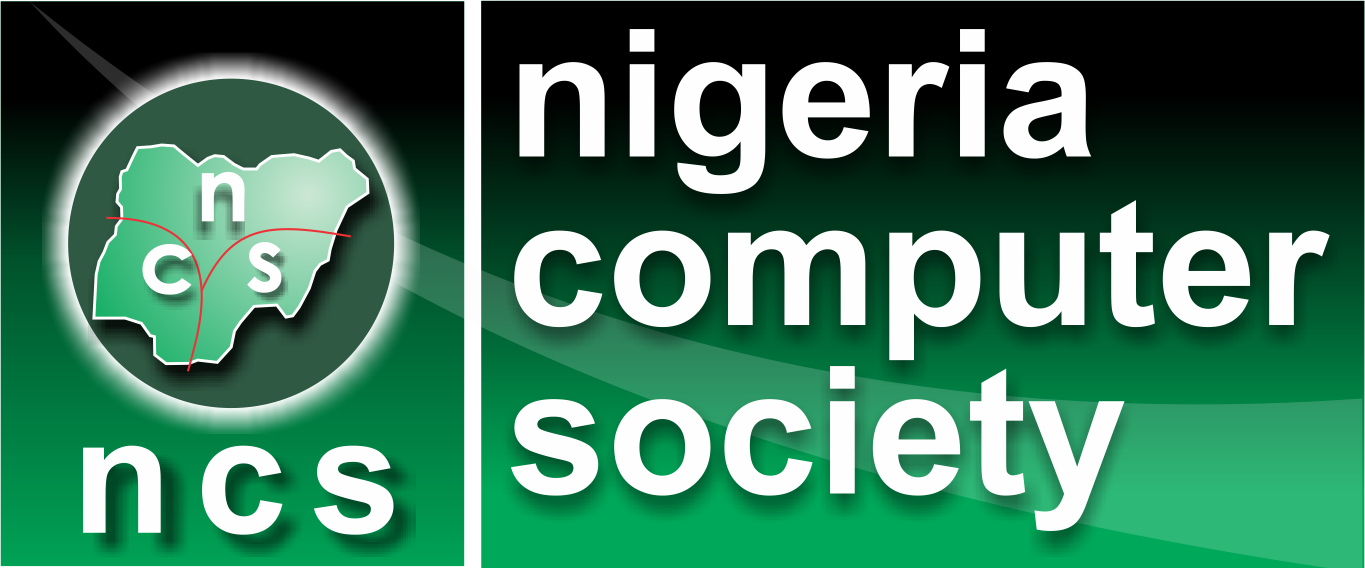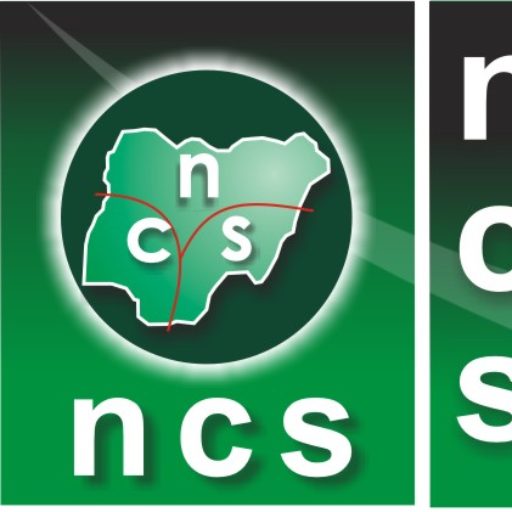Date: Wednesday, May 26th – Friday, May 28th, 2021
Venue: National Open University of Nigeria, Abuja
INTRODCTION
Recently, Covid-19 has forced many individuals, organisations and governments to conduct their minor and major activities online. The perceived impossible situations are now being considered to be new normal. Continually, operations and programmes from business, educational, medical, agricultural, environment security, transportation, legal and production sectors are being migrated online. This has then brought a lot of attention to online activities and there are now vast amount of data and transactions serving as targets to cybercriminals. Despite the various efforts being made by governments and security agencies all over the world, cybercrimes continue to be popular. The recent pandemic has brought new scope and dimensions to denial-of- service attack, identify thefts, masquerading, phishing and social engineering attacks.
Digital forensics, which is aimed at gathering, analyzing, and presenting digital evidence in order to investigate and prosecute crimes perpetrated using electronic infrastructure in the court of law, is still an immature discipline in the country. Digital forensics is an investigative process employed for cybercrime, fraud detection, financial scams, internal security and other forms of high-tech crimes. Digital crime investigation is becoming more challenging in Nigeria because of lack of technical expertise in the field. Tremendous increase in ubiquitous computing and advent of emerging technologies such as internet-of-things, artificial intelligence, cloud computing, robotics, big data analytics, virtual realities and social computing have increased the attack landscape.
Objective:
This workshop is aimed at providing technical skills in the areas of cybercrime detection and digital forensic. It will provide an in-depth practical knowledge in the prevention, detection and investigation of cybercrimes. Various national and international reports has also revealed that there are still few cybersecurity experts in Nigeria. The workshop is intended to provide the needed capacity for information technology advancement of the nation and further develop cybersecurity professionals of international standard.
Nigeria Computer Society, the umbrella body for all Information Technology professionals, has a core mandate of developing skills and expertise across all areas of Information Technology. The Society will continue to support and promote the use of modern IT-based strategies and technologies for sustainable development of the nation.
Topics
- Understanding cybersecurity and cyber crimes
- Mobile Application security
- Building strong authentication systems
- Network security
- Social media ming
- Fraud prevention and detection
- Mitigating strategies for social engineering attacks
- Detection of DDoS and other coordinated attacks
- Cyber policing
- Cyber threats intelligence
- Application of artificial intelligence in cybercrime detection
- Investigating and prosecuting cybercrimes
- Modern techniques for forensic computing
- Enforcement strategies for cybercrime laws and policies
Expected Participants
Administrators, Chief Executives, Technology Officers, Academia, Information Technology Professionals, Security Experts and Students
from:
- Government institutions
- Financial Institutions
- Regulatory Agencies
- Corporate Organisations
- Telecommunication Institutions
- Law Enforcement Agencies
Participation Fee
Member: N50,0000 (Early Bird – April 30th, 2021) || N60,000 (Late Bird – After April 30th, 2021)
Non-Member: N60,0000 (Early Bird – April 30th, 2021) || N70,000 (Late Bird – After April 30th, 2021)
WORKSHOP PRESENTATIONS
-
Cybercrime Incident Handling and Response Strategies Strategies
Kenneth Okereafor, PhD
-
Ethical Hacking: Footprinting and Vulnerability Analysis
Emmanuel Okoi - Cybersecurity & Forensic Analyst
-
Modern Mobile Application Security
Favour Femi-Oyewole
-
Understanding Cyber Security & Cyber Crimes
Idris Ismaila, PhD




